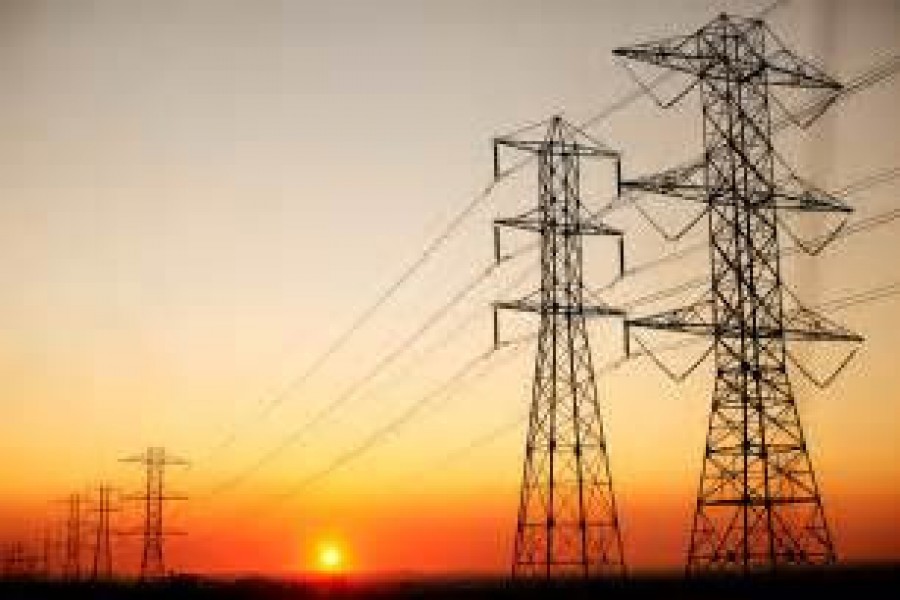Bangladesh's overall electricity generation has currently reached to around 9,000 megawatt (MW) riding mostly on 'expensive' oil-fired power plants as low-cost power plants continued to delay in coming online.
The major fall in oil prices in international market after 2012 proved a boon to the country's power sector, which resulted in a substantial cut in overall oil import bill and restrained electricity generation cost from skyrocketing.
Country's recent electricity supply situation improved significantly compared what was a decade back. Power outages have gone down as several dozen new power plants, mostly oil-fired rental and quick rental plants, have been commissioned.
Total installed capacity of the power plants is now 13,555 MW and their de-rated capacity to generate electricity is 12, 771 MW.
Currently around 61.69 per cent of the country's overall electricity comes from gas-fired power plants, 21.26 per cent from plants using furnace oil, and 8.31 per cent from diesel-run plants.
The only coal-based plants generate 2.02 per cent power ad the hydro power plant at Kaptai 1.86 per cent.
Eighty per cent of the country's overall population has access to electricity and per capita electricity consumption including the contribution of captive power plants is 433 units (kilowatt-hour).
Because of greater dependence on oil-based power plants -- most of those operating in the private sector -- the electricity tariffs for retail-level consumers were hiked seven times-almost doubling it from the previous rates.
Despite the growth, the challenges in the country's power sector include high system losses, low efficiency of existing power plants, delays in completing base-load and low-cost power plants, low plant efficiency and erratic power supply.
Diversifying energy sources for electricity generation is also important along with retiring of age-old and inefficient plants.
Current power generation efficiency in gas-based power plants is around 38 per cent, which can be raised to 45 per cent considering the international benchmark for a gas based power plant.
Oil-fired power plants are currently running at an average efficiency level of 36 per cent.
Power generation efficiency of captive power plants is much less, which is necessary to check wastage of resources.
Continuation of incentivising private sector while allowing them to import of oil duty-free along with 9.0 per cent service charge and 'whole-sale' extension of the tenure of 'inefficient' oil-fired power plants have, however, triggered major concern. There are allegations that a section of unscrupulous power entrepreneurs are capitalising on the 'loopholes' in the contracts, leaving the government to count the cost.
Some of the plants are failing to generate electricity in line with their commitments because of old and outdated equipment and generators of their plants but are shifting the blame for their failure on to the government to realise capacity payments, industry-insiders said.
The rental and quick-rental power plants are also consuming more oil than specified in the contracts, they added.
The BPDB has to pay around Tk 3.36 million per day to a 50- MW oil-fired rental or quick-rental power plant as 'capacity payment' in case of the former's failure to purchase electricity,
The government had launched a drive to install under private sector a significant number of oil-fired rental-and quick-rental power plants from 2009, as a 'short-term' solution to a nagging countrywide electricity crisis.
The government also awarded private-sector sponsors several gas-fired power plants to be set up on rental basis.
Most of these power plants were awarded on the basis of unsolicited offers under the Speedy Supply of Power and Energy (Special Provision) Act 2010. The law has a provision of immunity to those involved with the quick-fix remedies.
Alongside the rental power plants the government also had a plan to install a number of big peaking power plants as 'mid-term' and 'long-term' measures.
[email protected]

- Thursday, 18 April 2024 |
- Today's FE |
- e-Paper |
- Beta Website

